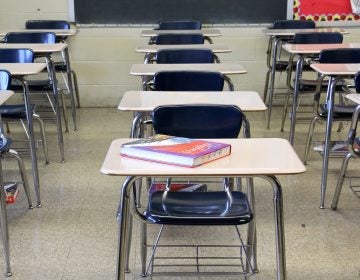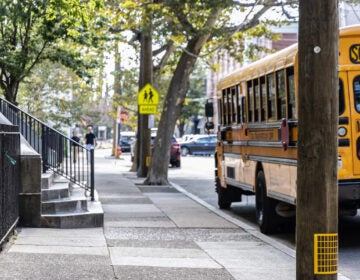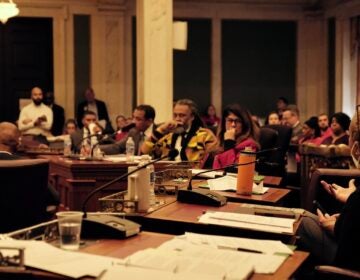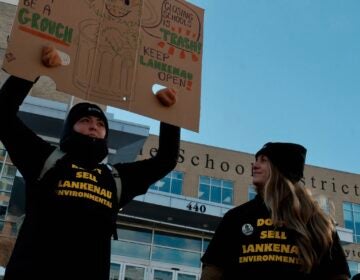Philly schools that ‘beat the odds’ could receive millions of dollars under new grant strategy
Philly schools that have shown “greater growth” than their peers over the last 10 years will have access to millions in new grant funding.
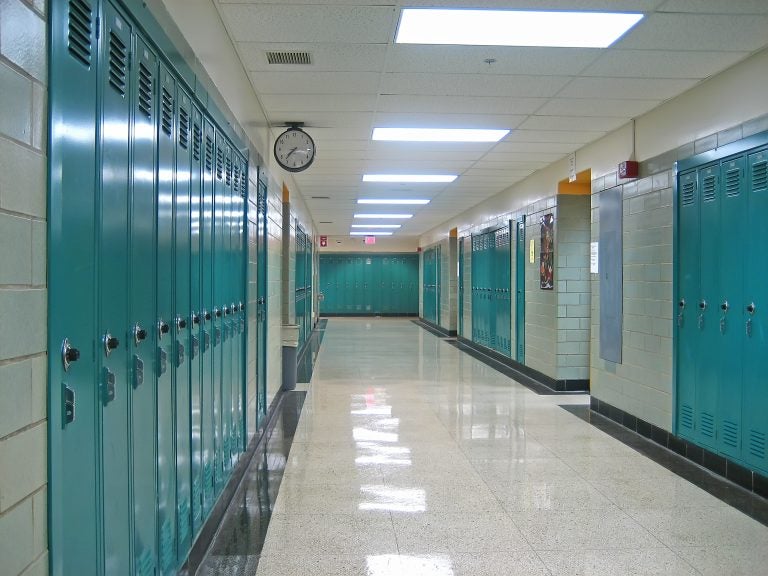
(bobelias/BigStock)
Across any struggling school system, there are bright spots — schools where students are doing better than expected despite significant challenges.
That’s the idea behind millions of dollars in new grant funding announced this week by the nonprofit Elevate 215, which has fundraised and given more than $100 million to Philadelphia schools over the last decade.
The goal is to “accelerate student outcomes” at successful schools and in the process learn what makes them successful in the first place, said Stacy Holland, Elevate 215’s executive director.
“What did you do to get those gains and what do you need to keep moving forward in a positive trajectory?” Holland said. “The end goal of this is how do we name the practices that these schools are doing so then you can replicate and scale.”
Elevate 215 worked with a team of researchers to identify 35 Philly K-8 public schools, including charters, that serve majority low-income and Black and Latino students and achieved “greater growth” than their local and national peers over the past 10 years, Holland said.
It selected five schools for the first round of funding: Alliance For Progress Charter School, Juniata Park Academy, Middle Year Alternative School, Morton McMichael School, Pan American Academy Charter School. Collectively, they serve close to 3,000 students, of whom 90% are Black or Latino and 85% are low-income.
Each school will receive $50,000 to support a six-month planning process to identify science-backed strategies they can adopt to further improve student progress. After that, schools can apply for implementation grants of up to $825,000 each.
For Dollette Johns-Smith, the principal at Morton McMichael, a small Pre-K-8 school in the Mantua neighborhood, just being eligible for the grant felt like a “big victory.”
“It was nice to bring that back to the staff and say, ‘Hey, this is your work. Look where we started and where we are now,’” she said.
Through the grant, Johns-Smith said McMichael, which serves 300 students, will be able to do things it couldn’t do otherwise. She has her sights set on a media lab so students can explore podcasting and video production.
Johns-Smith thinks she can make the case for a media lab since it should better prepare students to be successful in high school and take part in related career and technical education programs, she said.
When it comes to what made McMichael stand out in the first place, Johns-Smith said it was likely a lot of things.
McMichael offers extensive mental and behavioral health services for students, including a full-time case manager and a family liaison. The school also provides food, housing, and clothing resources and holds monthly town hall meetings for families.
Johns-Smith said this extra support McMichael provides students and families would not be possible without funding from outside initiatives and partners, including the Mantua Civic Association and nearby Drexel University.
“Most schools don’t have what we have right now because we were able to work through funding through our partners to make sure we keep coaches and intervention teachers,” she said.
Holland, with Elevate 215, said the decision to focus funding on schools that are good and could be great feels novel.
“Sometimes what we tend to do is we go to the top or the very bottom and we really don’t pay attention to the schools in the middle that with just a little support could actually improve their performance and that’s where you have a good majority of kids,” she said.
Elevate 215 was previously known as the Philadelphia School Partnership (PSP), and it was criticized for a focus on increasing the number of “high-quality seats,” which some saw as favoring charter and private schools.
It changed its name in June and leaders said it would shift its mission to focus on creating more modern learning environments and creating conditions for “school success” across the city.
Elevate 215 will invite other eligible schools to participate in later cohorts that will likely consist of five to seven schools, with at least one new cohort available each year for the next five years, Holland said.
The cohort model means that schools will have the opportunity to work with one another — as well as subject-area experts — when they develop their spending plans.
Johns-Smith welcomes the support and recognition.
“For our school community to know that everything that we’ve been doing over the course of the years wasn’t done in vain, that there is light at the end of the tunnel,” she said.

Get daily updates from WHYY News!
WHYY is your source for fact-based, in-depth journalism and information. As a nonprofit organization, we rely on financial support from readers like you. Please give today.


